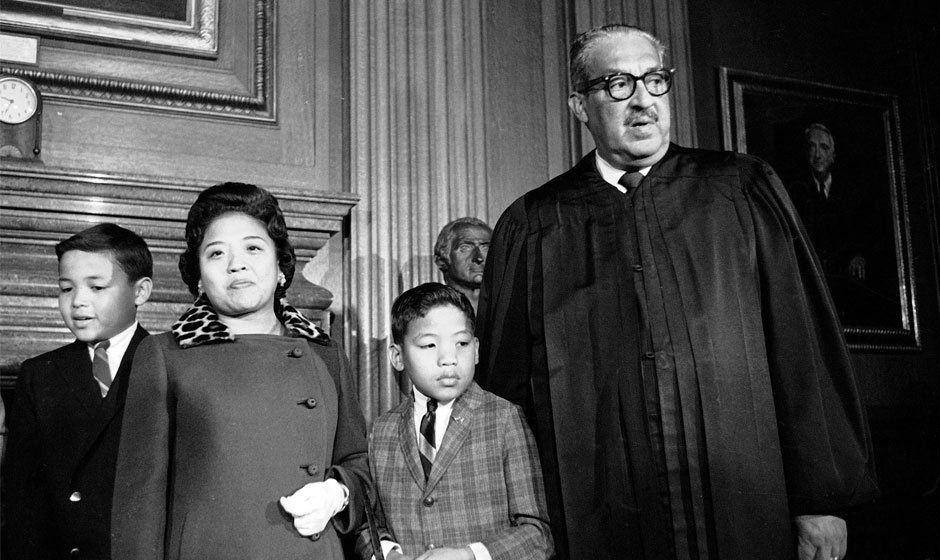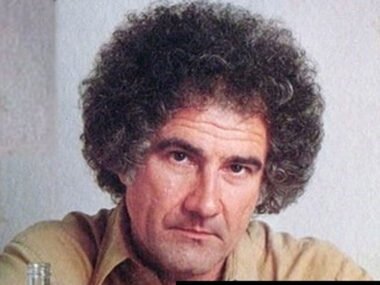Introduction
Cecilia Suyat Marshall was a woman of prominent courage, devotion, and quiet strength. Her life story is deeply connected to the struggle for civil rights in the United States. She was not only a promised supporter but also the beloved wife of Supreme Court Justice Thurgood Marshall. Cecilia’s offering, while often less declared than her husband’s, were instrumental to the civil rights movement. Through her own professional work and faithful support, she made a lasting impact on the fight for equality and justice.
Early Life and Family Background
Cecilia Suyat was born on July 20, 1928, in Maui, Hawaii, to Filipino parents. Her father had immigrated to Hawaii from the Philippines and had a deep love for education and the importance of knowledge. He implanted these values in Cecilia from a young age. Raising up in a various environment, she was surrounded by people from different backgrounds and kinds, which helped shape her full view of society and her understanding of racial and social problems. This determination to rise above problems would become a explaining characteristic of her life.

Move to New York and Introduction to Civil Rights activism
In 1948, when she was just 20 years old, Cecilia moved to New York City to live with her aunt and to explore career opportunities. She quickly found work as a stenographer for the National Association for the Advancement of Colored People (NAACP). This job marked the beginning of her lifelong involvement in civil rights advocacy. At the NAACP, she became deeply inspired by the promised and passion of the people around her, especially Thurgood Marshall, who was already making march as a famous lawyer fighting against racial isolation. She observe the legal battles firsthand and began to understand the difficulties of the judicial system and how change could be achieved within it.
The Role at the NAACP and Key Contributions
As a stenographer for the NAACP, Cecilia was empowered with recording and interpreting crucial documents and legal briefs, many of which played significant roles in the organization’s work. She documented conversations and plan of civil rights leaders, many of whom were fighting separation in schools, transportation, and other public spaces. Her role was critical as it required both accuracy and privacy; these records served as an essential resource for the NAACP’s legal team and were used to advance the cause of equal rights.
This case ultimately led to the assimilation of public schools in the United States, marking a turning point in American history. Though she worked behind the scenes, her contributions were vital in supporting the legal efforts that brought about societal change.
Marriage to Thurgood Marshall
Cecilia’s relationship with Thurgood Marshall blossomed from a deep friendship, shared values, and a joined pledged to social justice. They married in 1955, a time when mixed race marriages were still a source of dispute in American society. However, they were tireless in their commitment to each other and the causes they both supported.
As Thurgood’s career continued to advance, Cecilia remained his steadfast supporter. Her support and strength were critical to Thurgood’s work, and she continued to be actively engaged in civil rights issues.
Personal Dedication to Family and Legacy
In addition to her public work, Cecilia was deeply devoted to her family. She and Thurgood had two sons, Thurgood Jr. and John, whom she raised with the same values she held dear. She implanted in them a sense of responsibility, honor, and empathy. Both of her sons would later reward to public service, carrying forward the family’s legacy of commitment to justice and equality.
Though Cecilia often remained out of the public eye, she was the emotional anchor of her family. She managed both family life and her ongoing commitment to civil rights, proving that her influence reached beyond the public eye.
Legacy and Continued Impact on Civil Rights
Cecilia’s legacy is a proof to the power of devotions, humility, and quiet leadership. If she did not found public identity for her work, her offering to the civil rights movement were instrumental. Her uniform support for her husband enabled Thurgood Marshall to carry out his work with the confidence and strength he needed. Cecilia’s story is an inspiring reminder of the power of behind-the-scenes work and the impact one individual can make in the pursuit of equality and justice.










